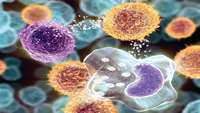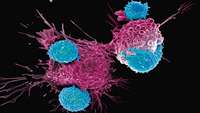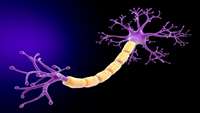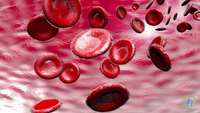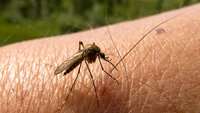RA Drug May Reduce Toxicity Caused By CAR T Treatment
While the development of chimeric antigen receptors (CAR) T-cell therapy has changed the landscape of cancer treatment and was named “Advance of the Year” by the American Society of Clinical Oncology for 2018
US FDA approves Cellectis’ third ‘off-the-shelf’ CAR T-cell candidate for clinical trials
The FDA approved an investigational new drug application from Cellectis for a Phase 1 clinical trial of UCART22, its third gene-edited CAR-T cell candidate.
Wonder stem cell CURE for heart failure: Millions could be saved by British trials
MILLIONS of heart failure patients could be saved thanks to a new stem cell therapy being tested need for operations by revitalising damaged tissue using cells harvested from a patient’s own blood.in Britain.
CRISPR growing in cancer care, but will insurance companies pick up the cost?
Christiana Care has been talking with the U.S. Food & Drug Administration about developing a gene editing tool called CRISPR to assist in lung cancer treatments. One question they’ll face in the future is if insurance companies will pick up the cost.
Researchers use CRISPR to edit DNA outside of the cell for the first time
Scientists at Christiana Care Health Systems Gene Editing Institute have developed a potentially breakthrough CRISPR gene-editing tool
Transdifferentiation of human adult peripheral blood T cells into neurons
Recent advances in genomics have revealed that many polygenetic diseases are caused by complex combinations of many common variants with individually small effects.
Gene Editing Could Limit Toxicity of CAR T Treatment in AML
A study recently published in Cell may have identified a new approach to limit the toxicity of chimeric antigen receptor (CAR) T-cell treatment in acute myeloid leukemia (AML).
Million-dollar Kavli prize recognizes scientist scooped on CRISPR
CRISPR has hauled in yet another big science award, and this time the recognition includes a scientist whose contribution has sometimes been overlooked.
Gene Knockout Using New CRISPR Tool Makes Mosquitoes Highly Resistant to Malaria Parasite
Deleting a single gene from mosquitoes can make them highly resistant to the malaria parasite and thus much less likely to transmit the parasite to humans, according to a new paper from scientists at Johns Hopkins Bloomberg School of Public Health’s Malaria Research Institute.
The Holy Grail of cancer research is discovered: New blood test that can detect 10 different types of cancer YEARS before someone gets ill
A blood test that can detect 10 types of cancer potentially years before someone becomes ill has been described as the holy grail of cancer research.


